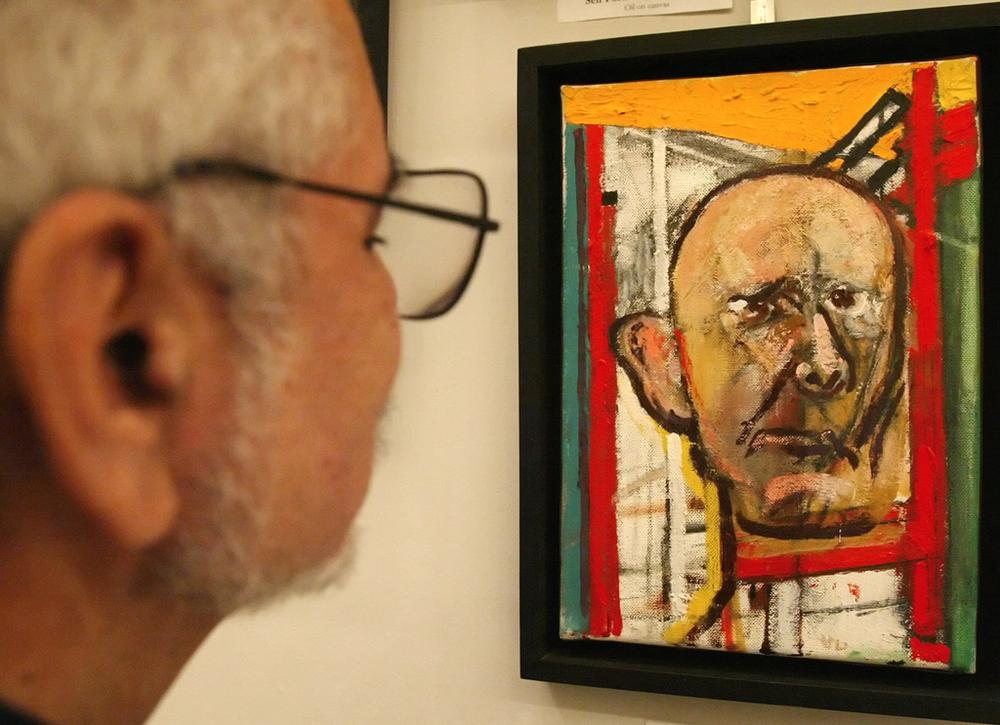Advertisement
Diagnosing Alzheimer's Earlier
ResumeImagine a test that could tell you if you would develop Alzheimer's disease well before you experience memory loss or other symptoms. With no cure and limited treatment available, would you take it?

More than five million Americans suffer from the disease. It's the seventh leading cause of death in the United States.
But as our understanding of the disease has progressed since it was first identified in 1906, the way doctors diagnose Alzheimer's has not changed in a quarter century. Patients present their symptoms — memory loss, confusion, other cognitive impairments — and doctors map the progress of the symptoms. A conclusive diagnosis often only comes after death.
That could soon change. Earlier this month, the National Institute on Aging and the Alzheimer's Association proposed new diagnostic guidelines that use state-of-the-art physical tests, which may make it possible to detect the disease long before the onset of memory loss. The new diagnosis could also triple the number of people diagnosed with Alzheimer's disease.
Would you take a test? Have you or someone you know been diagnosed with Alzheimers, and if so, do you wish that there was a test that could have spotted the disease earlier? Do we have the support structures in place to help what could soon be a ballooning number of people diagnosed with this disease?
We tackled these questions with doctors Monday on Radio Boston. Immediately after the broadcast ended, Hubbub blogger Andrew Phelps and Dr. Brad Hyman took readers' questions in a live, online chat.
You can hear two interviews recorded by the national oral history project StoryCorps in collaboration with the Massachusetts and New Hampshire chapter of the Alzheimer's Association here.
Guests:
- Dr. Brad Hyman, neurologist at Mass General Hospital and director of the Massachusetts Alzheimer's Disease Research Center
- Dr. Janis Petzel, geriatric psychiatrist and adjunct assistant professor at Dartmouth University
- Dr. Jim Wessler, president and CEO of the Alzheimer's Association, Massachusetts/New Hampshire chapter
[coveritlive title="Chat Archive: Dr. Brad Hyman Takes Readers' Questions" code="8051bfd530" width="630" height="500"]8051bfd530[/coveritlive]